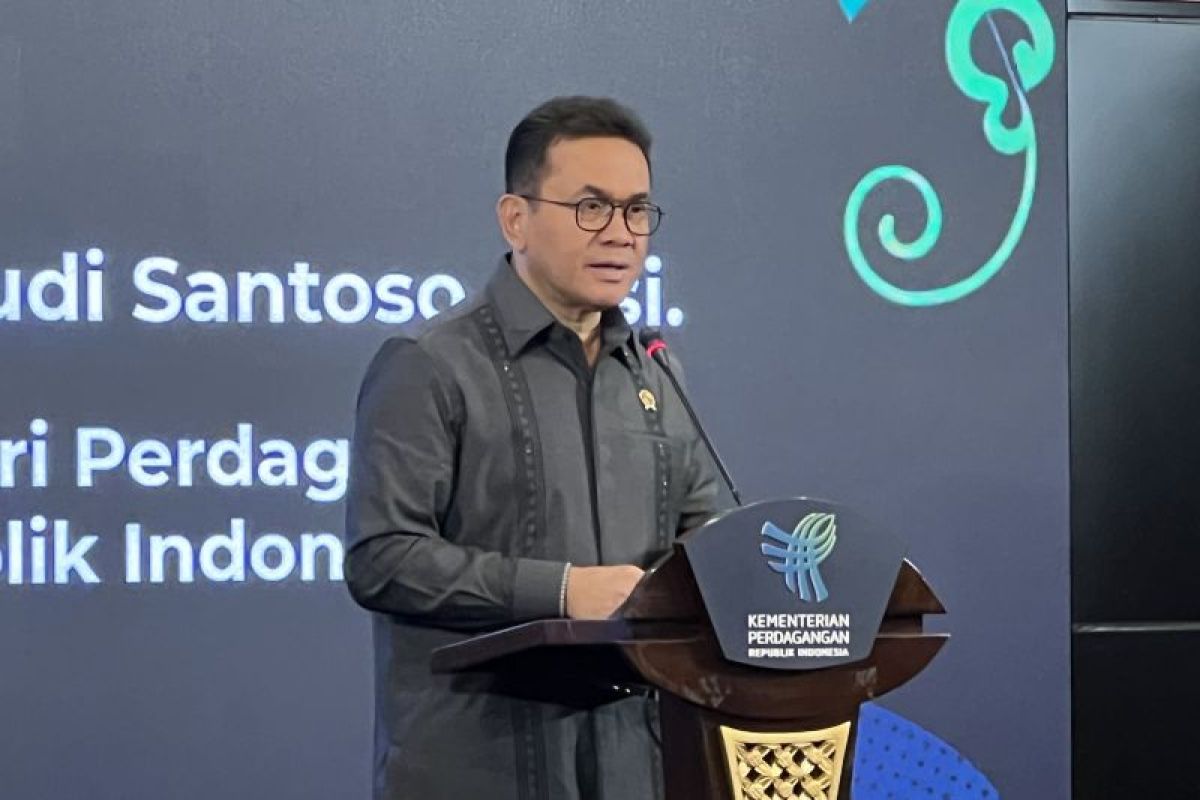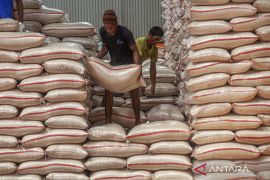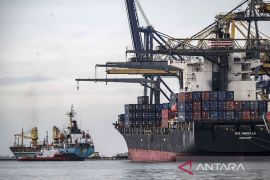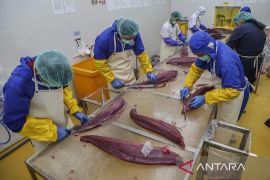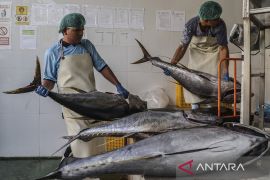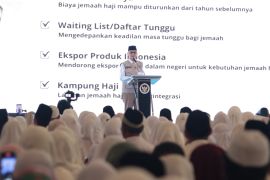“There has been no impact from the war situation up until now,” he affirmed during the signing of a cooperation pact between Indonesia and Australia on global halal certification here on Thursday.
He noted that currently, tensions between Iran and Israel have begun to ease.
However, the ministry will try to anticipate any contraction in manufacturing exports due to the conflict through market diversification, he said.
Santoso highlighted that the Indonesia-European Union Comprehensive Economic Partnership Agreement (IEU-CEPA) and cooperation in fulfilling the European Union (EU) environmental policy have opened new markets for Indonesia.
Related news: BCA monitors Mideast conflict's impact on Indonesia
“We now have many new alternative markets from agreements that we have completed. The IEU-CEPA agreement has been completed,” he informed.
He further said that the country has signed a trade deal with Canada and is awaiting a trade agreement signing with Tunisia.
These countries will serve as alternative markets for Indonesia. Thus, he added, Indonesia will not need to depend on a particular export market.
“Going forward, there will be more and easier market access,” he affirmed.
According to the Ministry of Finance, Indonesia’s total exports reached US$264.70 billion in 2024, up 2.29 percent compared to 2023.
The Ministry of Trade is targeting to boost Indonesia’s exports by 7 percent in 2025 to support the realization of 8-percent national economic growth.
Director general of national export development at the ministry, Puntodewi, said that the contribution of exports to Indonesia’s gross domestic product (GDP) is just 20 percent.
Currently, Indonesia has signed 19 trade agreements that cover 30 countries, including the IEU-CEPA.
Related news: Indonesia experienced in managing inflation amid global tensions: Govt
Translator: Putu Indah, Raka Adji
Editor: Rahmad Nasution
Copyright © ANTARA 2025
